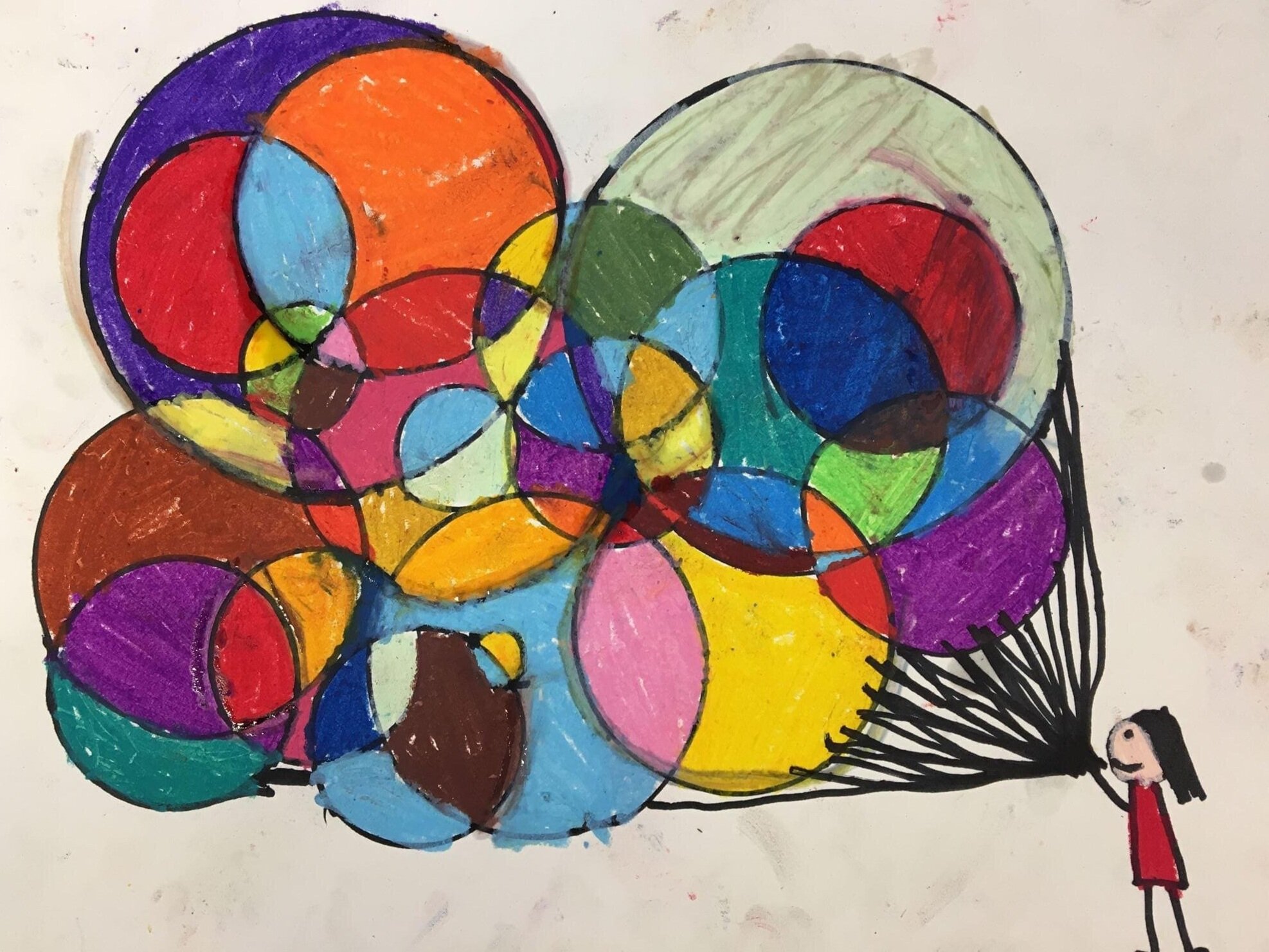Why join BHLC?
Because we offer classes that are fun and enriching.
Over the years, BHLC has offered some amazing classes taught by our parent volunteers. Below are just a few of these classes:

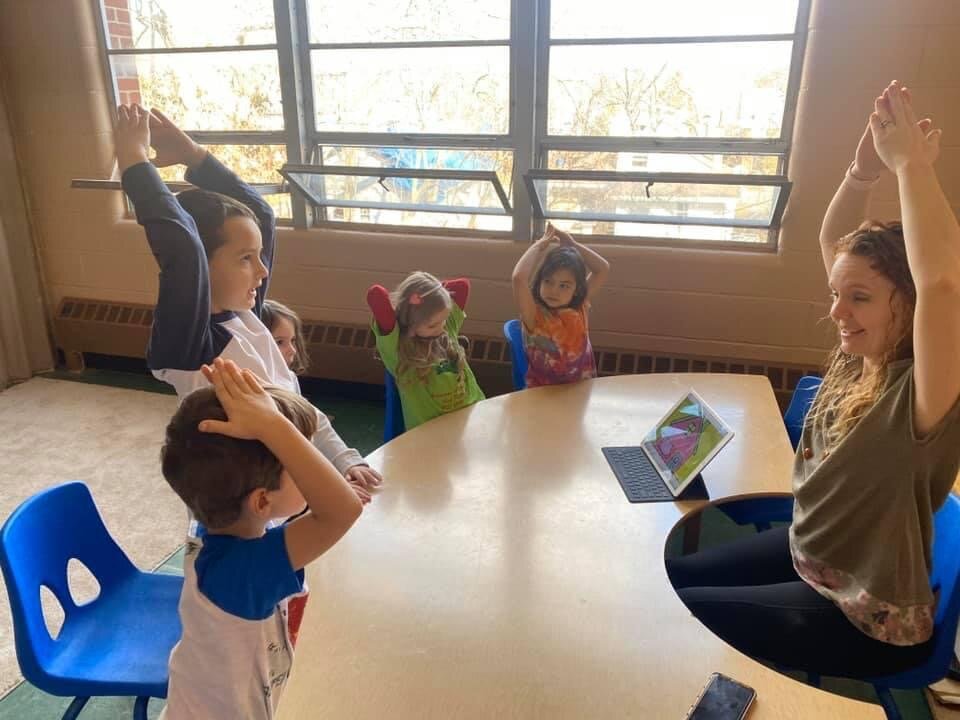
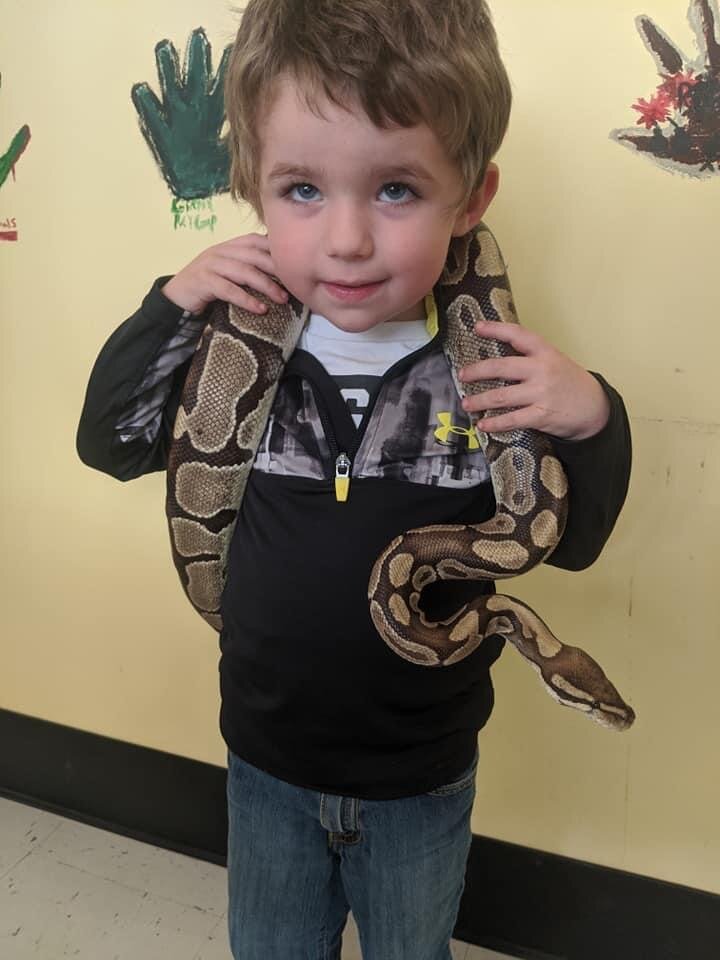


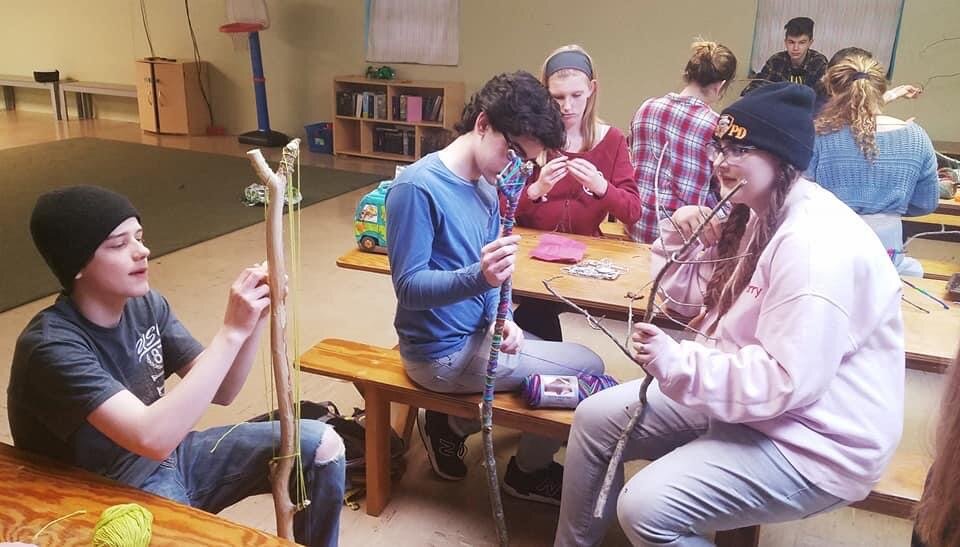
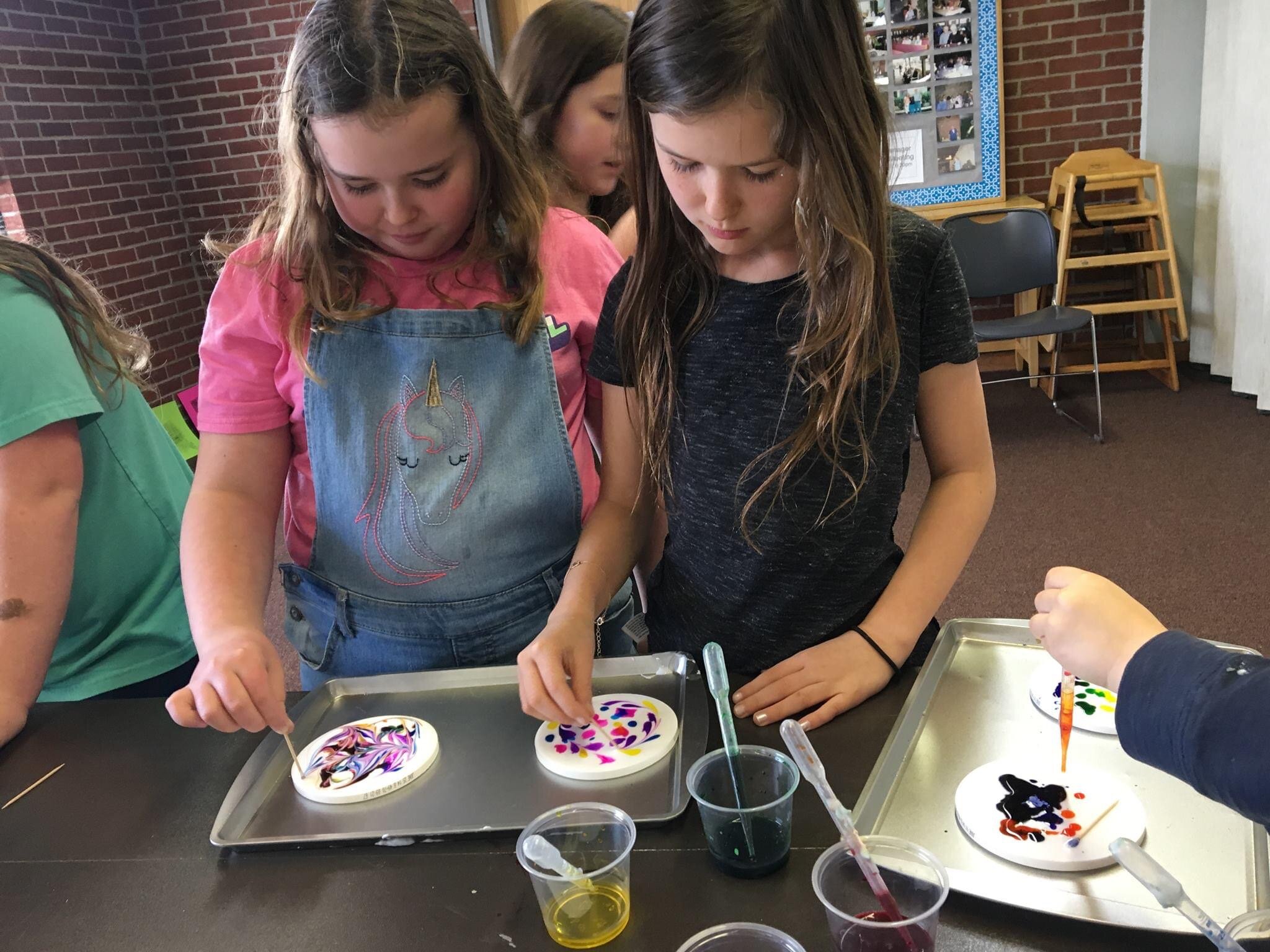
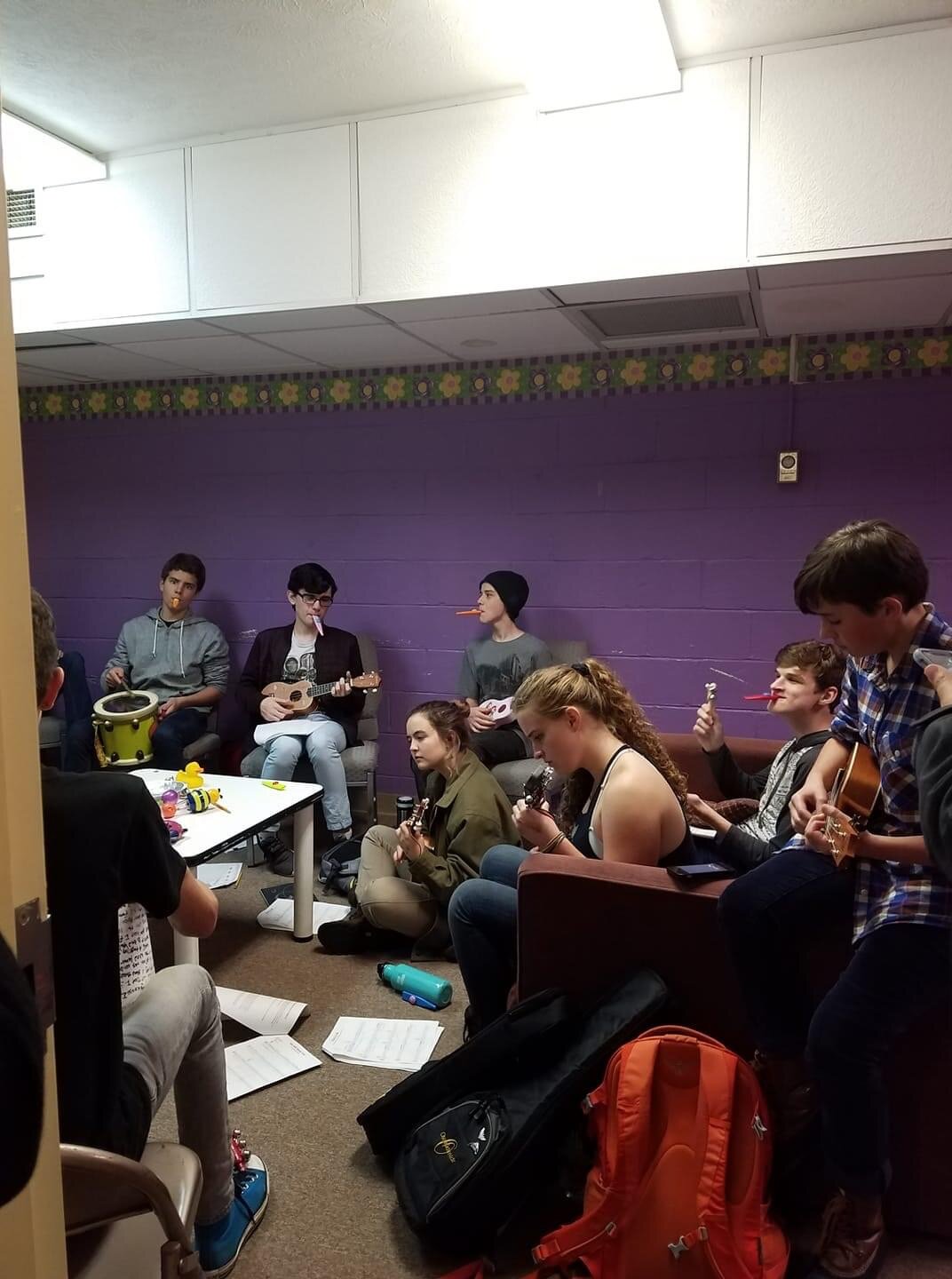

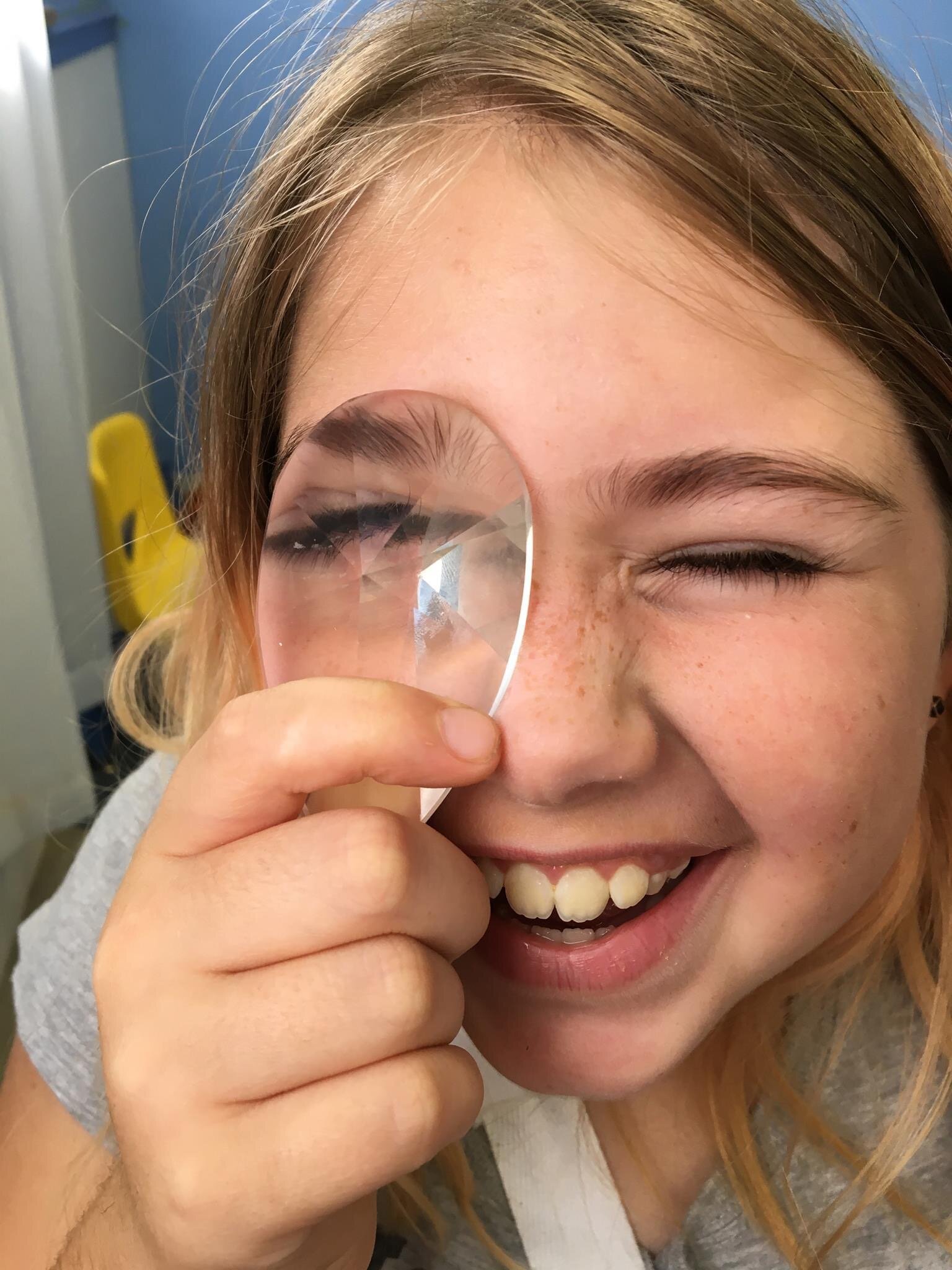
Because we offer opportunities for learning outside the classroom.
BHLC students have had the chance to participate in:
Kentucky Youth Assembly
The Kentucky Youth Assembly (KYA) is an expanded, educational opportunity in which students serve as part of a model state government. KYA offers students the opportunity to learn about a wide variety of issues, develop critical thinking skills, and articulate their beliefs while engaging constructively with their peers from around the Commonwealth.
Teams and participants from BHLC have won many awards at KYA over the years, including earning Premier Delegation and have had bills passed by both the House and Senate and signed by the Governor!
Field Trips
BHLC students and families regularly participate in field trips in and around the Lexington, KY area. Recent field trips have included:
Lexington Children’s Theater
We saw Fiddler on the Roof at the Lexington Opera House thanks to the Broadway Buddies program
Evans Orchard
Ice skating
Raven Run Nature Sanctuary
McConnell Springs
Fort Boonesborough
Newport Aquarium
Cincinnati Zoo
Hikes in the Red River Gorge
Bowling
and many more!
National Mythology Exam
The National Mythology Exams consist of the Pegasus Mythology Exam, which is intended for students in grades 3-8, and the Medusa Mythology Exam, which is intended for students in grades 9-12. The National Mythology Exams are given annually to over 9,000 students in approximately 400 schools nationally and internationally.
BHLC students have participated in this exam, forming study groups and providing support and encouragement to each other. Many of our BHLC students have won medals for their performance on this exam!
Teen Trip to Tremont
BHLC students attended the Great Smoky Mountains Institute at Tremont for a three day environmental learning trip for our teen members. In partnership with Great Smoky Mountains National Park, Tremont’s mission is to deliver experiential learning for youth, educators, and adults through programs that promote self-discovery, critical thinking, and effective teaching, and leadership. They believe that education creates lasting positive change for people and our planet.
Because we care about fostering a strong community of homeschooling families.
Summer Book Clubs
BHLC students keep their connection with each other strong while reading and discussing great books through our weekly summer book clubs. We were able to offer book clubs for students in 3rd-6th, 7th-8th, and 9th-12th grades via Zoom this past summer.
Support from other homeschoolers
Homeschooling can sometimes feel lonely. When you become a member of BHLC, you will find a community not just for your kids but for you, the adult. You will find other families on a similar path and adults that get what you are going through. At BHLC, parents help each other by recommending curriculum and resources, providing support and advice for your struggles, and cheering for you in your wins. Some of the ways we support each other include:
Participating in a private Facebook group for members only
Swapping and passing on used curricula
Continuing our homeschool education with guest speakers, like Julie Bogart of Bravewriter
Getting together for parent nights out where we leave the kids at home for some much-needed adult fun
Discussing books in our adult book club
Being creative while making art or crafting







